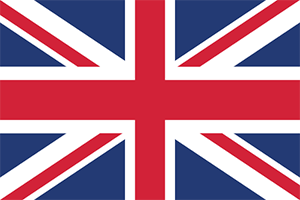Establishing a Young Leaders of Learning (YLL) programme
About:
This programme was designed to ensure children and young people are actively involved in on-going self-evaluation activities leading to school improvement by:
- taking part in reciprocal visits to other schools to identify what is working well, areas for improvement and effective practice;
- promoting ways that children and young people can be involved in school improvement activities in their own school.
The programme was initiated though initial dialogue with local authority leads. The local authority then identified potential schools, and each school nominated a lead member of staff to support the programme. Education Scotland worked closely with Sparqs (Student Partnerships in Quality Scotland) to develop training materials and to support reciprocal visits. Sparqs promotes student engagement in the quality of learning and teaching in Scotland’s universities, colleges and schools. A total of 150 schools have participated in this programme, and this is increasing as the local authority rolls out the training.
Schools and the local authority decide how to recruit their YLLs, ensuring that the opportunity is inclusive and open to all children, and that YLLs reflect the overall cohort of the school. Children who need help to apply or participate are given appropriate support. It is recommended that each school trains eight young people, ranging from 8–14 years old.
As part of the programme, children and young people identify priorities for their school in collaboration with learners from other school(s). They then take forward identified actions with the support of school staff. YLLs receive training to develop understanding of matters such as representing the views of others, respecting privacy, safeguarding and giving feedback.
Common themes that emerged from school visits were shared with the local authority so that additional professional learning/support could be provided to schools. For example, in one local authority, many learners in secondary schools commented on the variable quality of the feedback they got from teachers – this was something the local authority could then address across all schools. It was also possible for Education Scotland to signpost existing professional learning and resources that would help at the school and local authority level.
Outcomes:
The programme has led to professional dialogue with colleagues in other establishments. Most schools progressed some school improvement changes, e.g. raising awareness of policies and involving other learners in leading improvements. All schools reported strengthened learner participation in classes and in the decision-making of the school. All school improvement plans represented the follow-up actions from reciprocal visits or improved learner participation. In a few schools, learners have written their own action plans. Finally, learners reported that they had improved communication, social skills, confidence, and extended friendships.
Key element(s) of the VIA Framework:
The YLL programme is a notable example of VOICE and INFLUENCE. Learners are given extensive support to fulfil leadership roles and are encouraged to become agents of change in their schools. Incorporating school visits so that learners can exchange ideas across schools is creative and highly educational.
